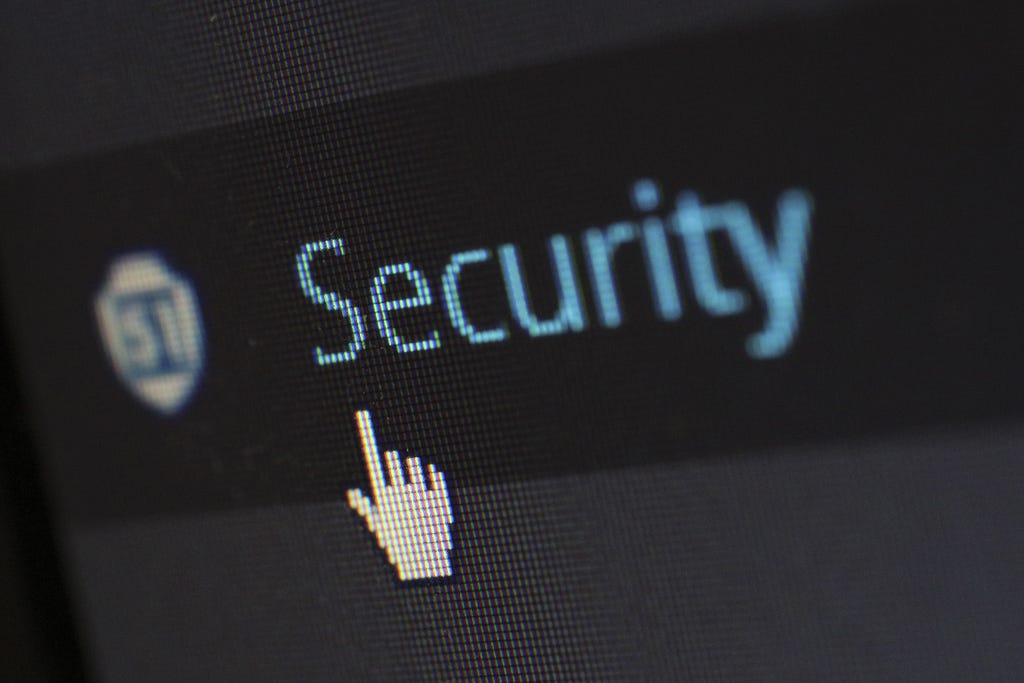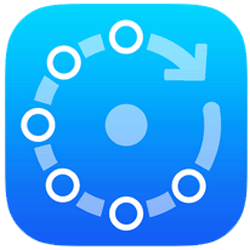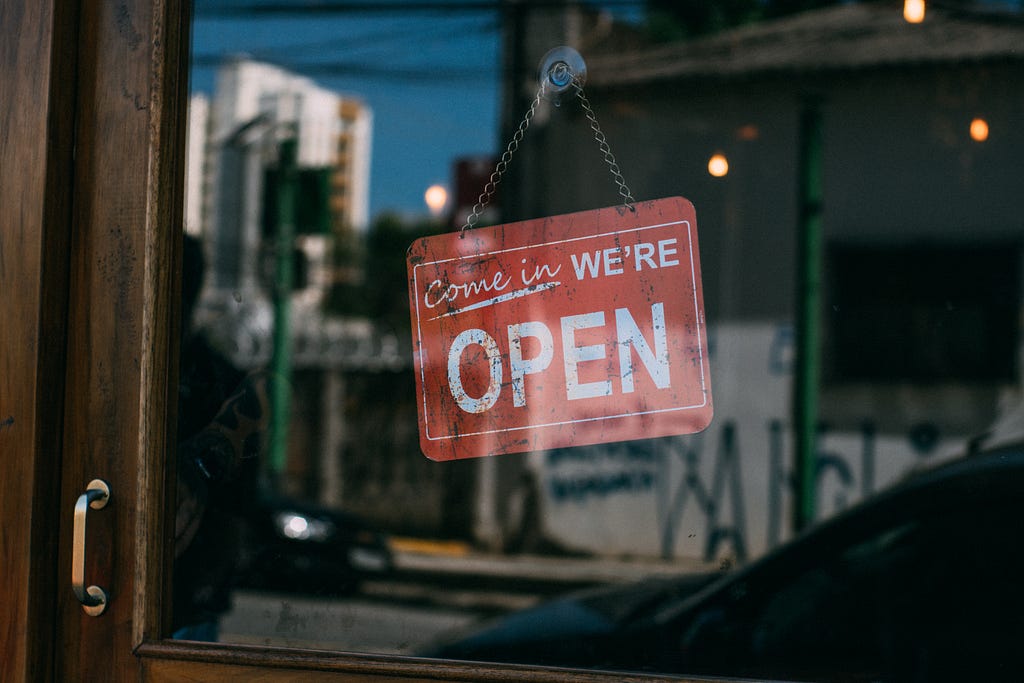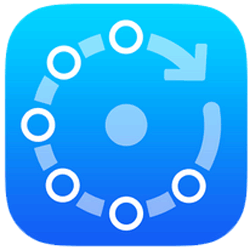--Originally published at Computer Security - Arturo Mendoza
Computer Security

It's all about to protect our information and systems, Computer Security is a must part of the Computer Systems, like Computer Systems Engineers are our responsibility to promote the importance and impact of these, if all of us share a bit of it to our friends and family, we will have a better world.
Involves everyone
Computing Security involves everyone, people, government and companies, but why is so important today, because all the data that you, me and everybody generates on devices, Internet and hardware can be accessible for everyone that know how to find it. Just think about it, you check your bank accounts, you send photos, confidential information at work, your location, things that you do, and a lot of information that maybe you didn't know it. If all these information could be stolen imagine all the information that we can know about you or for a company.
The bad guys
All the information is in a computer, that means that it can be accesible. Outside are bad guys that are trying to access to bank accounts, personal information, etc. No matter if you are a famous person or a normal person, they want your information. It is our duty to protect ourselves.
Why should we study Computer Security
It's not only about hacking, it's also about a protection culture, about made life safe and better for the people. There is still a long way to go, the people think security is bored and it's difficult to implement, and they are right, today still being complicated, we need to change this, and the only way it cab be done, if you help us.










